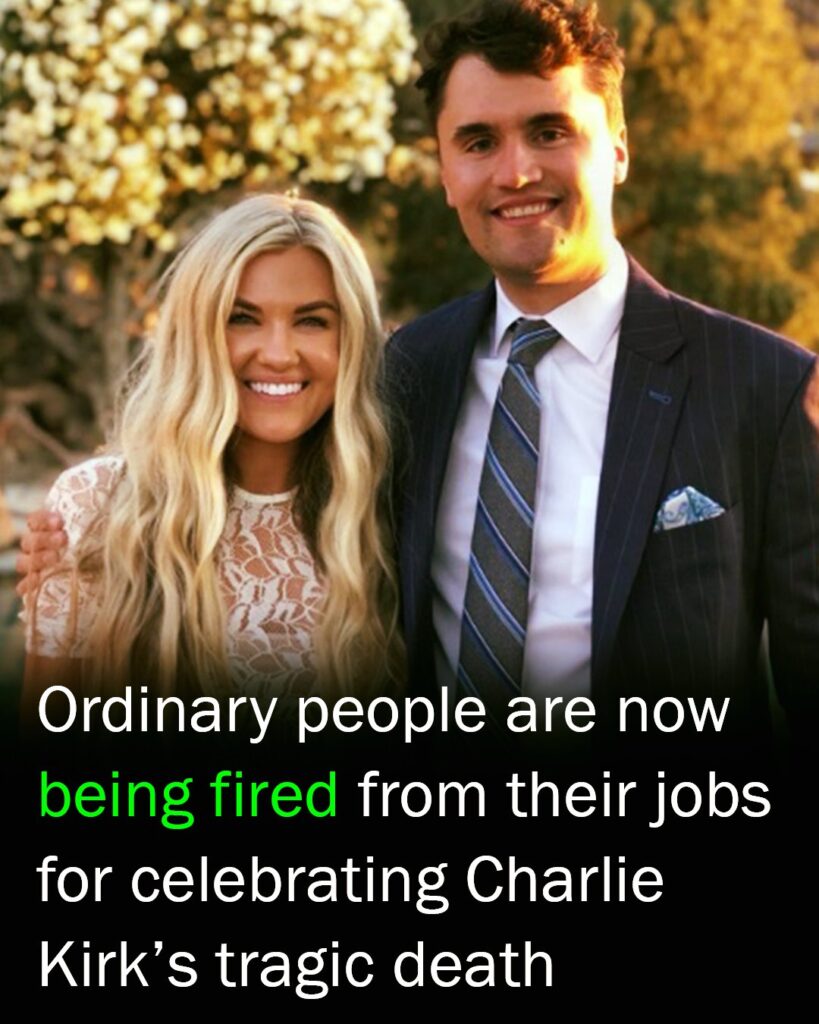
The assassination of Charlie Kirk has triggered a wave of fallout reaching beyond politics, with ordinary people now facing professional consequences for how they responded online. The 31-year-old conservative activist was shot dead during a Utah Valley University event on September 10, drawing tributes from leaders across the spectrum, from Donald Trump to Barack Obama. But not all public comments were sympathetic.
Author Stephen King came under fire after suggesting Kirk had once advocated “stoning gays to death.” After Elon Musk called him a liar, King deleted the post and apologized. Others were not so lucky. A new website called Expose Charlie’s Murderers began naming employees and students whose posts appeared to celebrate Kirk’s death, and some quickly lost their jobs.
High-profile dismissals followed. MSNBC fired analyst Matthew Dowd for describing Kirk as “divisive” during live coverage. DC Comics canceled a new series after writer Gretchen Felker-Martin posted celebratory remarks. A Middle Tennessee State University staffer was terminated for saying she had “zero sympathy,” while a Carolina Panthers employee and a Nasdaq strategist were also let go after controversial posts surfaced.
The crackdown has sparked debate about accountability versus free expression. Researcher Parker Thayer claimed as many as 60 people may have lost jobs over insensitive comments. Far-right figures like Laura Loomer pushed the campaign aggressively, while Congressman Clay Higgins called for permanent bans from all platforms. For many, the message is clear: in the charged aftermath of Kirk’s killing, words online can carry life-changing consequences offline.